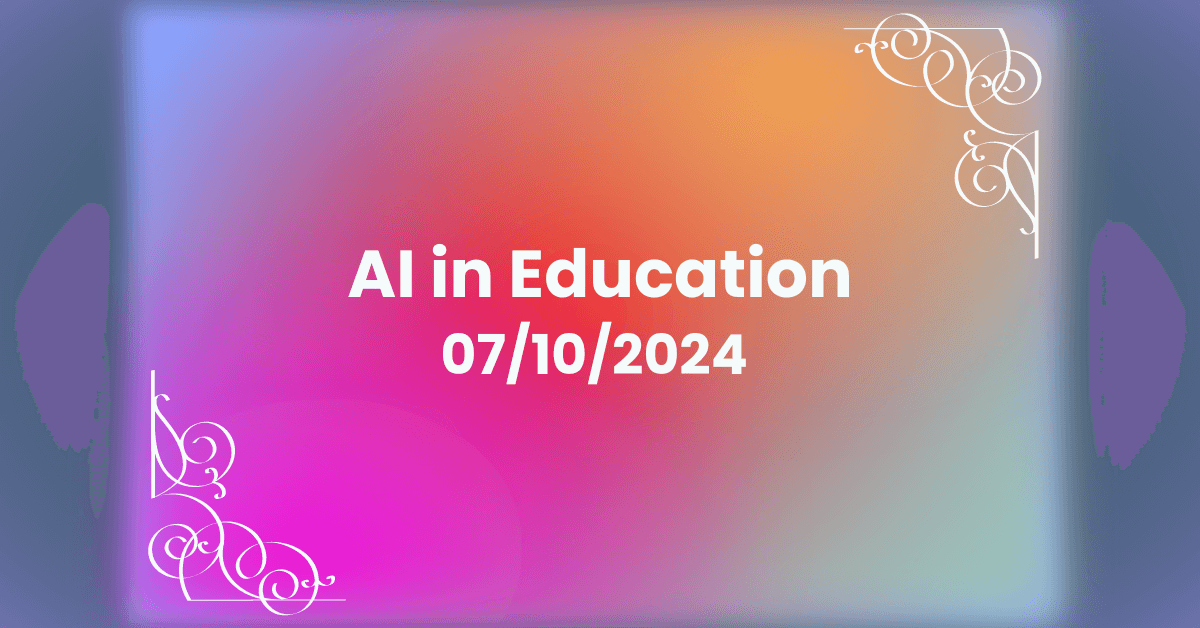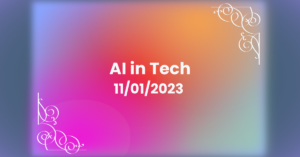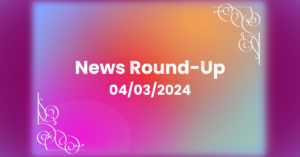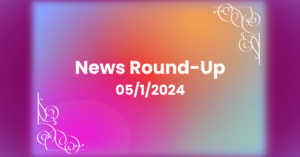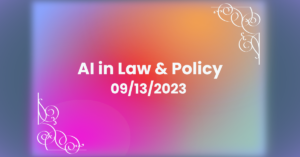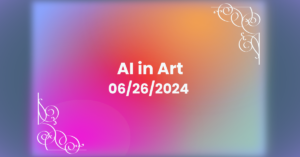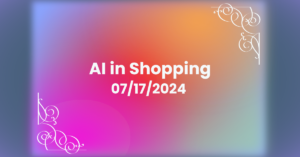AI in Education: Students’ Perspectives and Experiences
As artificial intelligence continues to evolve, its impact on education has become a subject of intense discussion. While educators and policymakers are focused on integrating AI tools into the learning environment, understanding students’ perspectives is crucial to ensure these technologies are implemented effectively and ethically.
Students generally view AI positively, appreciating its potential to personalize learning and provide immediate support. According to research by Dahmash et al. (2020), students acknowledge that AI can tailor educational experiences to individual needs, making learning more engaging and effective.1 AI’s ability to adapt to individual learning styles and paces enhances engagement and comprehension. An EDUCAUSE Review article highlights how AI-driven tools can automate routine tasks, thus making education more efficient and accessible.2 3
Despite the advantages, students have notable concerns regarding AI in education. Ethical issues, particularly around data privacy and AI bias, are significant. Students worry about how their data is used and whether it is adequately protected, as well as the potential for AI algorithms to perpetuate biases and treat certain groups unfairly.4
Trust and accuracy are also major concerns. Instances of AI providing incorrect or misleading information, known as “AI hallucinations,” contribute to a lack of trust in these technologies. Furthermore, there is a fear that over-reliance on AI tools might hinder the development of critical thinking and problem-solving skills, essential for academic and professional success.5
The impact of AI on jobs and human interaction is another area of apprehension. Some students worry about AI replacing human jobs, particularly in fields that traditionally rely on human expertise and interaction. Additionally, the increased use of AI could diminish face-to-face engagement, leading to a loss of the human element in education.1
Despite the challenges, students remain optimistic about AI’s potential to revolutionize education by making it more inclusive and equitable. According to NAFSA, AI can level the playing field by providing access to quality education for all students, regardless of their geographical or socio-economic background. Ongoing dialogue and collaboration between students, educators, and technologists are essential to navigate the evolving AI landscape and maximize its benefits while addressing concerns.6
Understanding student perspectives on AI in education is vital for its successful integration. While students appreciate the benefits of personalized learning and efficiency, ethical concerns, trust issues, and the impact on human interaction must be addressed. A balanced and ethical approach to AI implementation can help ensure that these technologies enhance educational experiences while fostering critical thinking and personal growth. By keeping students’ views at the forefront, we can create a more effective and inclusive educational system that harnesses the full potential of AI.
- “Students’ voices on generative AI: perceptions, benefits, and challenges in higher education,” International Journal of Educational Technology in Higher Education, 2024.
- “Will Our Educational System Keep Pace with AI? A Student’s Perspective on AI and Learning,” EDUCAUSE Review, 2024.
- “Using Student Data to Bridge the AI Divide,” EDUCAUSE Review, 2024.
- “Navigating the Future of Education: Perspectives on AI Integration,” SingTeach, 2024.
- “MIT faculty, instructors, students experiment with generative AI in teaching and learning,” MIT News, 2024.
- “Generative AI and Global Education,” NAFSA, 2024.
| Introducing Quillbee’s Latest Feature — Personas! Do you want to create personalized content that does sound like you and not as robotic and dull AI-generated text? The Personas feature captures your unique writing style for future content generation by learning from the content you submit. Discover what is your writing style, tone, language and unique expressions, and create engaging content with ease! |
| Explore Personas |

